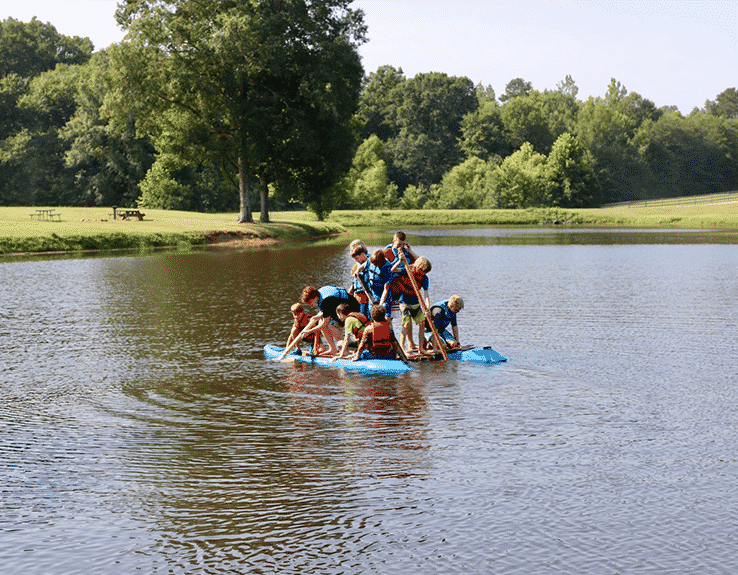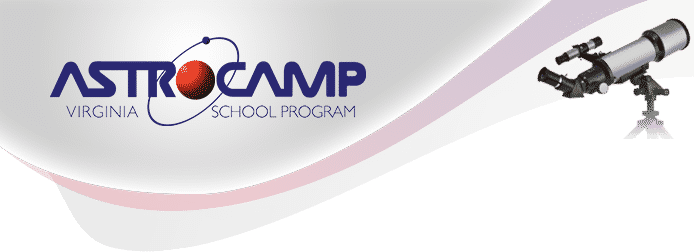
Standards, STEM & NGSS
The Next Generation Science Standards were developed by a consortium of 26 states and by the National Science Teachers Association, the American Association for the Advancement of Science, the National Research Council, and Achieve, a nonprofit organization that was also involved in developing math and English standards.
In short, NGSS guides science education so that students learn science not merely as a body of information to know but as skill sets, methodologies and connected concepts central to the actual doing of science. Whereas the old standards directed that students know something, the NGSS standards — called performance expectations — ask they be able to actively demonstrate what they have learned.
In broadening the scope of what students are to achieve, NGSS supports the performance expectations with the Three Dimensions: disciplinary core ideas, science and engineering practices, and cross- cutting concepts.
Disciplinary core ideas are where NGSS overlaps with the old standards: these are concepts to be learned. However, NGSS reduces the breadth of the ideas introduced so that the students can go much further in depth with the most important of these ideas.
Science and engineering practices are methodologies scientists and engineers use to solve real-world problems. This is a crucial aspect to getting students to appreciate and understand science and engineering as scientists and engineers themselves would and to acquire those skills that scientists and engineers routinely use. Engineering is a new aspect introduced by NGSS, both within disciplinary core ideas and as a practice.
Cross-cutting concepts are those concepts that apply across all scientific disciplines — ideas such a patterns, cause and effect, scale/ proportion and quantity, and energy and matter. Scientific ideas are to be understood not in isolation but in the context of more general themes.
STEM refers to the academic disciplines of science, technology, engineering, and mathematics. The term is typically used when addressing education policy and curriculum choices in schools to improve competitiveness in science and technology development. It has implications for workforce development, national security concerns and immigration policy.
Many organizations in the United States follow the guidelines of the National Science Foundation on what constitutes a STEM field. The NSF uses a broader definition of STEM subjects that includes subjects in the fields of chemistry, computer and information technology science, engineering, geosciences, life sciences, mathematical sciences, physics and astronomy, social sciences (anthropology, economics, psychology and sociology), and STEM education and learning research.
The term began to be used in education and immigration debates in initiatives to begin to address the perceived lack of qualified candidates for high-tech jobs. It also addresses concern that the subjects are often taught in isolation instead of as an integrated curriculum.
AstroCamp And The Next Generation Science Standards
“Making a positive difference in the lives of children by guiding them through unique opportunities for self-discovery through physical sciences and team challenges.”
The Astrocamp Teaching Philosophy above is directly aligned with the core framework used to develop the Next Generation Science Standards (NGSS). The NGSS framework places renewed emphasis on students engaging in Scientific and Engineering Practices and recognizing Crosscutting Concepts found in all science disciplines.
Scientific and Engineering Practices
- Asking questions (for science) and defining problems (for engineering)
- Developing and using models
- Planning and carrying out investigations
- Analyzing and interpreting data
- Using mathematics and computational thinking
- Constructing explanations (for science) and designing solutions (for engineering)
- Engaging in argument from evidence
- Obtaining, evaluating, and communicating information


Incorporating NGSS Elements into Astrocamp Courses
Science Classes
Featured NGSS scientific practices and crosscutting concepts used in the science classes include:


Engineering Classes
Featured NGSS engineering practices and crosscutting concepts used in the engineering classes include:

